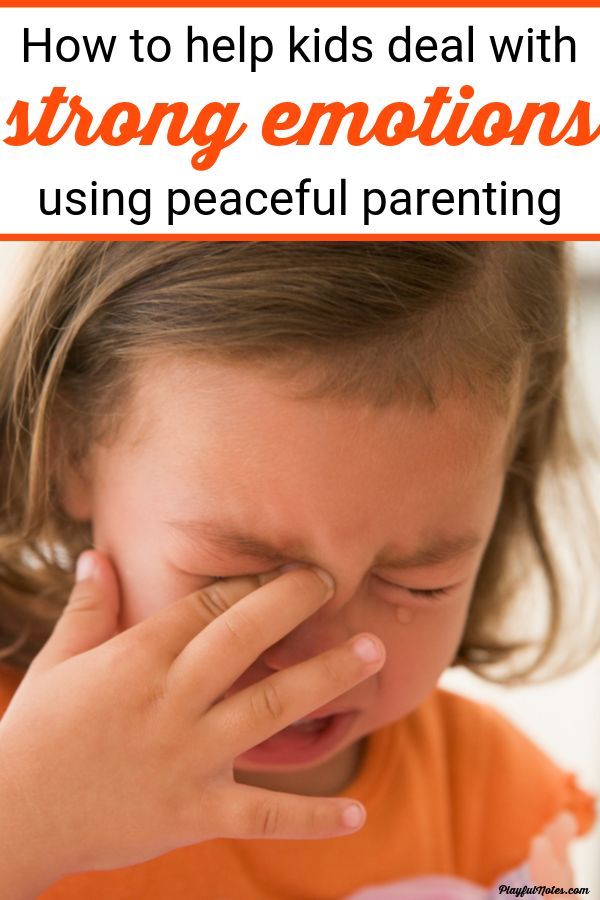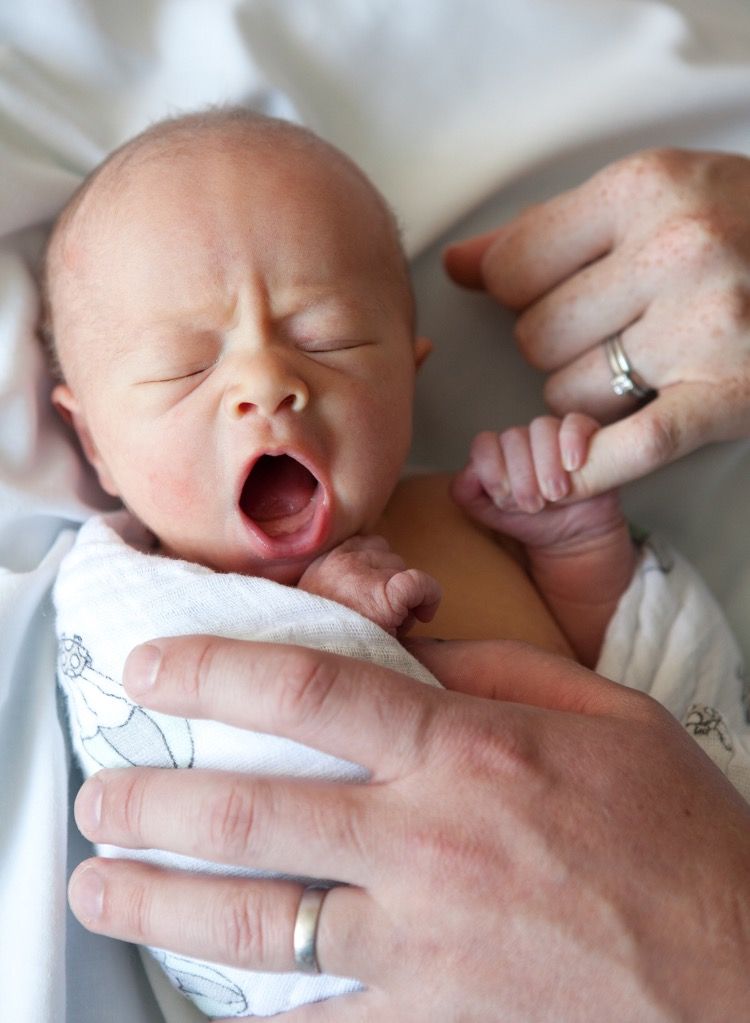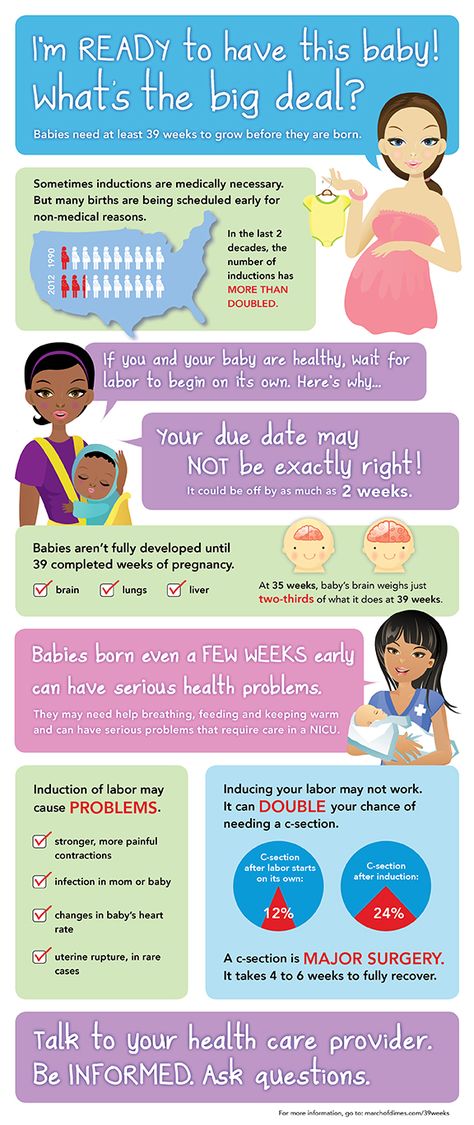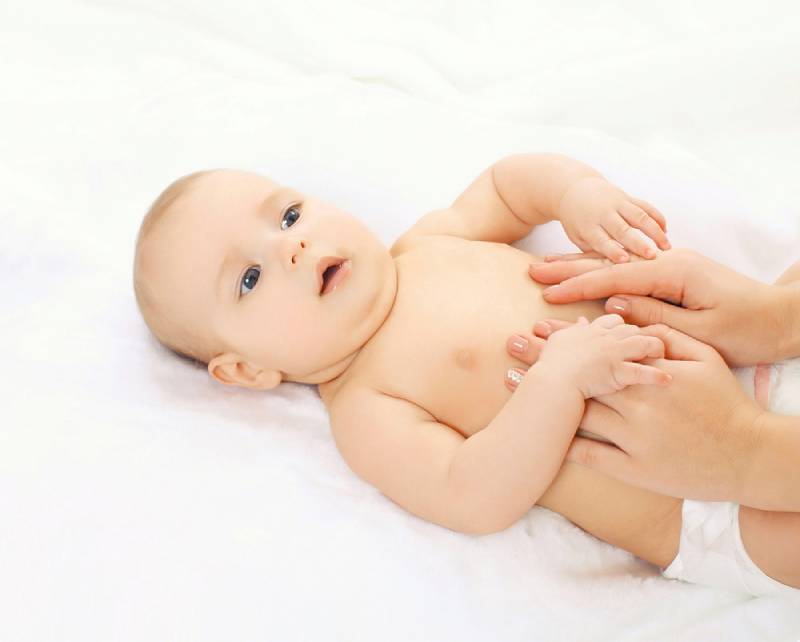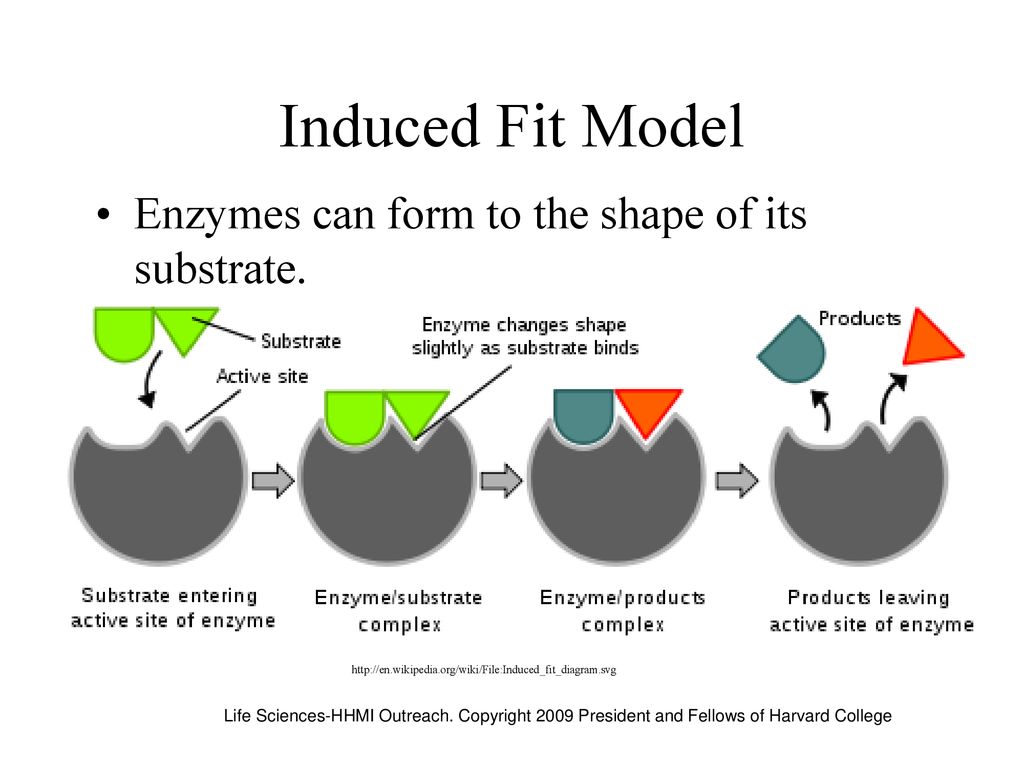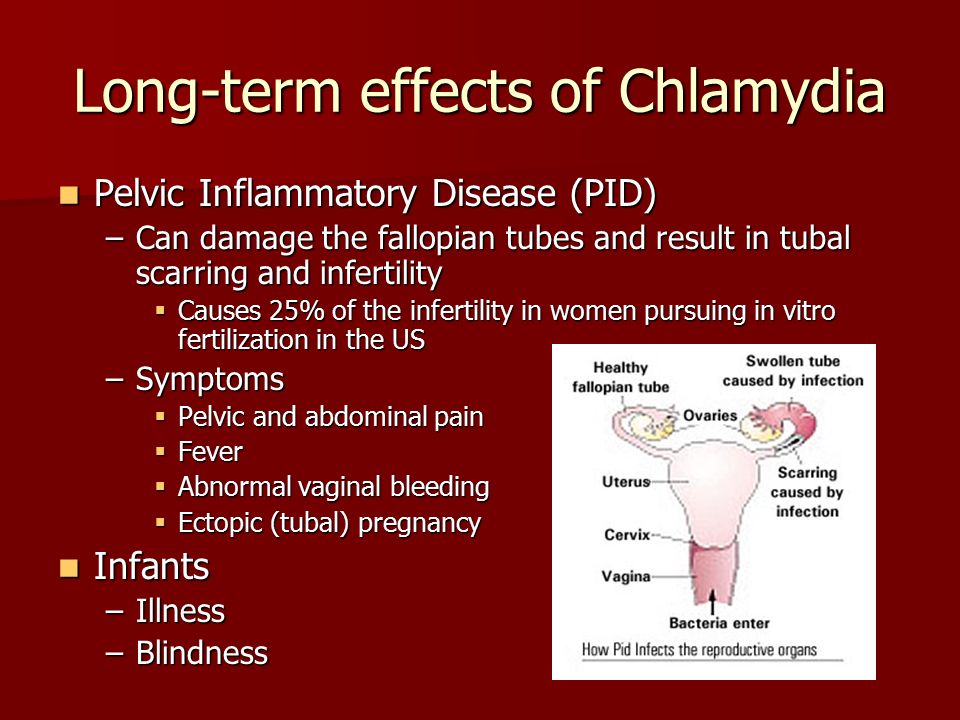How to help an impulsive child
Tips to Help Your Child Manage Impulsivity
If your ADHD child exhibits impulsive behavior, these tips will help reduce impulsivity.
Impulsive behavior often occurs in children with ADHD and other behavioral disorders. Impulsivity is related to acting on a whim or without thought. As a result, these children often do things like take unnecessary risks, blurt things out, don’t wait their turn and interrupt conversations.
In these cases impulsiveness may be caused by a brain-based imbalance, however there are methods that can help your child improve self control to minimize impulsivity. The following tips will help overly impulsive children better manage behavior and thereby improve social relationships.
Raise Your Child’s Awareness of ImpulsivenessSometimes just being aware of an issue can diffuse it. Whenever your child acts impulsively, bring her attention to it and help her to better understand why the behavior is a problem in that moment. If your child interrupts you, advise him that you haven’t finished your conversation and that it’s important that you do so for x reason and ask for patience. When correcting your child’s impulsive behavior, it’s important to do so in a calm and helpful manner so as not to affect self esteem negatively. Don’t make your child feel like he or she is the problem but rather the behavior is the issue and send the message that it can be corrected. However, keep in mind that in some cases kids won’t be able to control their impulsivity just by trying harder—so consult a professional if you continue to have concerns.
Provide your child with tools to combat impulsive behavior. For example if your child has a tendency to interrupt, ask him to place his hand on your arm when he has something to say and wait for you to acknowledge him before speaking. If your child is prone to aggressive behavior like hitting or kicking other children, encourage her to take the aggression out in other ways like by biting on a pillow or kicking at a ball or bush.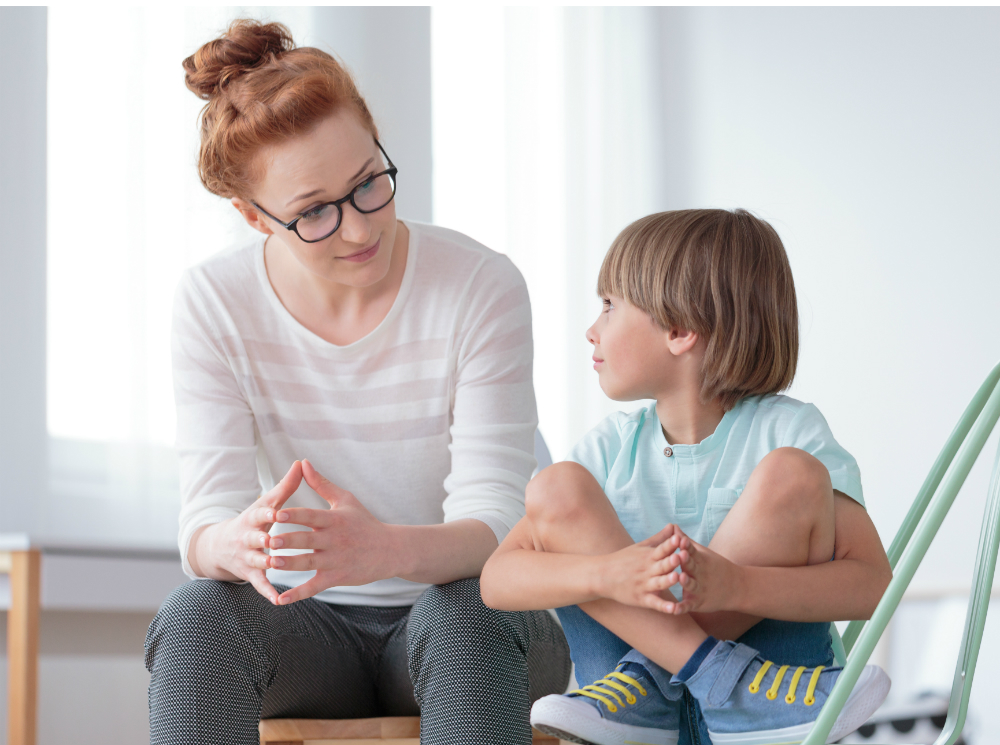 This will satisfy their urge without causing problems or hurting other people.
This will satisfy their urge without causing problems or hurting other people.
Techniques like breath awareness and mindfulness meditation can help improve impulse control. Teach your child to take a few deep breaths when they feel their excitement or impulsivity building. Learning to pause can go a long way towards helping your child to reduce impulsive behaviors. Deep breaths can also help parents reduce their frustration that often arises in reaction to a child’s behavior. So in all cases, remember to breathe!
Praise PatienceAcknowledge when your child is being patient and reward him for positive behavior with praise or a special prize. Children who struggle with impulsivity want to behave and may be more likely to do so when they understand what the preferred behavior looks like.
If you suspect your child has impulsivity issues or has already been diagnosed with ADHD, contact us online or find a center near you to learn more about how the Brain Balance Program can help.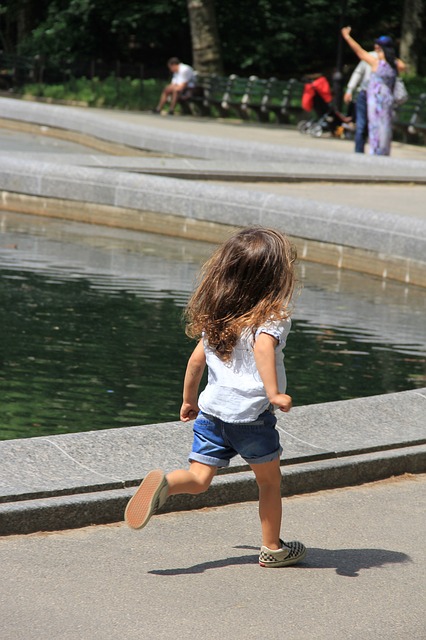
Contact us today to schedule an assessment. You can also view the research and results of the program on the website.
Enjoy These Related Articles
How to Discipline a Special Needs Child
Who We Can Help: ADHD
Is it Sensory Processing Disorder or ADHD?
Setting Rules for Your Child with ADHD
How You Can Help Your Child
Categories:
RN Remedies
We all get emotional and perhaps say and do things we regret. I don’t think I’ve met anyone who hasn’t. The reason I bring this up is because I recently read a sad story about a teenager with no prior history of violence, who let his emotions and aggression take over his body and thoughts. During a soccer game, the referee gave him a “yellow card” for pushing another player. He then punched the referee in the head and the referee died from complications of brain swelling. As a result, the teen is now charged with homicide. The teen and the families affected will never be the same.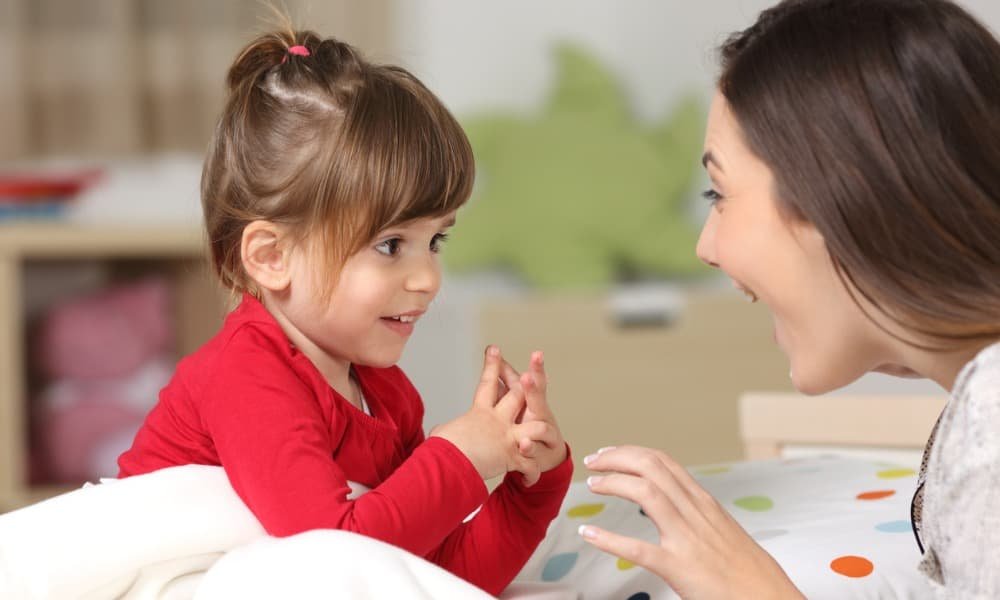 Could his aggression and impulsivity have been prevented and helped at home? This story is an example of extreme pediatric aggression and impulsiveness. Because I can’t imagine what either family is going through, I thought it would be good to speak with Caroly Pataki, MD, child and adolescent psychiatrist at Children’s Hospital Los Angeles, about how parents can help their child deal with situations they feel are unfair, losing their temper and become impulsive in their actions. Dr. Pataki summed up her thoughts about the incident by saying, “After this type of situation the best thing we (parents) can do is to teach our children to recognize angry feelings before they reach their breaking point, even if we don’t think that our child would ever do something like that.”
Could his aggression and impulsivity have been prevented and helped at home? This story is an example of extreme pediatric aggression and impulsiveness. Because I can’t imagine what either family is going through, I thought it would be good to speak with Caroly Pataki, MD, child and adolescent psychiatrist at Children’s Hospital Los Angeles, about how parents can help their child deal with situations they feel are unfair, losing their temper and become impulsive in their actions. Dr. Pataki summed up her thoughts about the incident by saying, “After this type of situation the best thing we (parents) can do is to teach our children to recognize angry feelings before they reach their breaking point, even if we don’t think that our child would ever do something like that.”
What Causes Children to Be Aggressive and Impulsive?
There are a few causes that get kids to act aggressively and do things without thinking. “Children are most likely to behave aggressively and impulsively when they feel provoked or if someone treated them unfairly,” shares Pataki. Aggression can range in severity and is often stirred up in competitive situations, like sports and events at school.
Aggression can range in severity and is often stirred up in competitive situations, like sports and events at school.
Pataki states that some children may be more susceptible to being provoked than others, including those with
- ADHD
- Severe depression
- Exposure to a traumatic event
- A history of misbehaving in an aggressive way
Help Your Child Manage Their Aggression and Impulsive Behavior
All children, particularly “at risk children” listed above, can benefit from discussing how they would deal with certain situations that make them angry or upset, with their parents. Dr. Pataki suggests preparing your child so that he or she is ready to cope constructively when feeling upset. She recommends something called a “cognitive behavioral approach,” which includes discussion and role-playing. Here are some ways you can help you child with these feelings:
- Talk about possible scenarios with your child and ask how he or she would handle the situations.
 For example, a team coach can ask their players to share what they would each do if a referee made a “bad call” on the field or a player from the other team said something mean to them.
For example, a team coach can ask their players to share what they would each do if a referee made a “bad call” on the field or a player from the other team said something mean to them. - Encourage non aggressive responses in the role play situations which are not provocative.
- Provide your child with suggestions for coping, such as taking ten steps back, running around in a circle or counting to ten before returning to the situation.
Children are more likely to deal with situations positively if they are ready and have practiced responses at home. Pataki shared more role-play situations you can practice at home with your child. They can help your child deal with siblings and other kids at school.
- Ask your child what he or she would do if their sibling took away their favorite toy and wouldn’t give it back.
- Ask your child what he or she would do if one of their classmates poked fun at them at school.
- Ask your child if he or she would ever push or punch someone who made him or her angry.
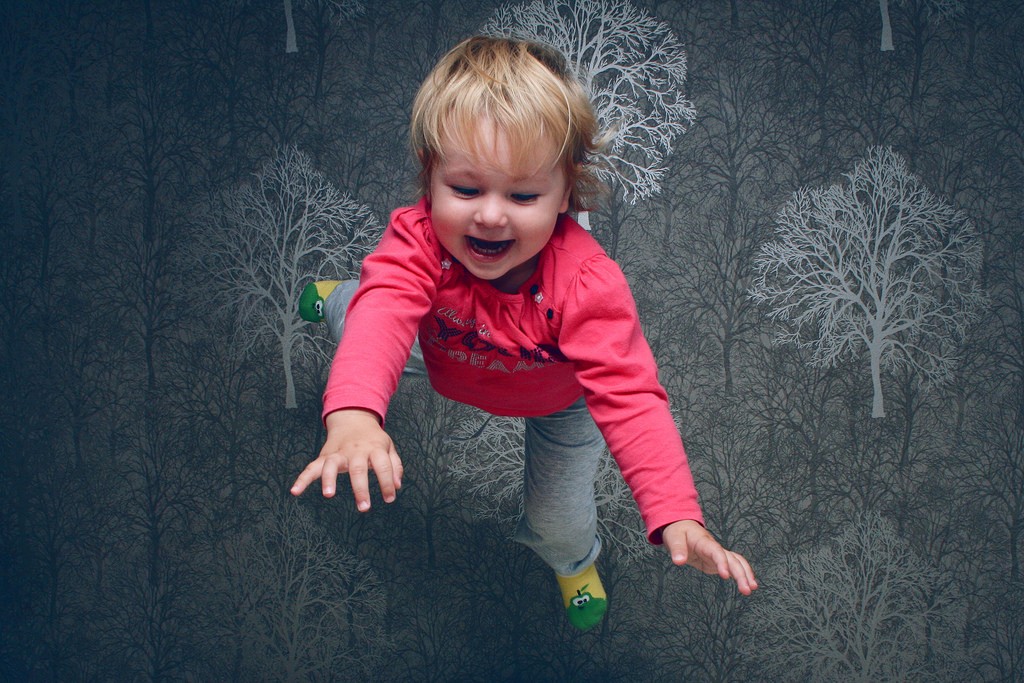 This can give you an idea of how they are thinking of dealing with unfair situations and provide an opportunity to encourage an appropriate response.
This can give you an idea of how they are thinking of dealing with unfair situations and provide an opportunity to encourage an appropriate response.
Some children who show extreme aggressive behavior may require treatment such as membership in an anger management group, cognitive behavioral therapy or medication to lessen aggressive and impulsive behavior. If you are concerned about your child, it’s important to speak with his or her pediatrician or a pediatric psychiatrist. They will decide on the type of treatment, whether it’s therapy, a specific school setting or a family intervention. It may prevent your children from harming themselves or someone in the future. I want to extend a special thank you to Dr. Pataki for helping me with this RN Remedies blog post. I certainly learned a lot from her expertise and I hope you did too.
How to help an impulsive child gain self-control
-
Most children occasionally act without thinking.
-
When children act impulsively, they may be mistaken for being careless, mean, or rude.

-
There are ways to help children cope with impulsivity.
How often have you seen children act without thinking? There are probably enough. Most children occasionally act impulsively or say something before they can stop. They may blurt out something inappropriate or run out onto the road for the ball without looking around.
But what about children who seem to have no "mental brakes" at all? If your child often interrupts people, grabs other people's things without asking, and frequently puts himself at risk, you may be wondering why this is happening. Is it about immaturity? Inability to assess the situation? Or is there something else behind the impulsive behavior?
Learn about impulsivity and how you can help your child learn better self-control.
Impulsive behavior you can observe
What is impulsivity? The normal behavior of a child involves the manifestation of impulsivity from time to time. However, when this happens frequently, it is impossible to ignore the obvious: the child has self-control problems.
However, when this happens frequently, it is impossible to ignore the obvious: the child has self-control problems.
Impulsivity manifests itself differently in different children. And behavior can change as the child grows. Being impulsive, a child can:
-
Acting stupid and inappropriate to get attention
-
Have difficulty following the rules consistently
-
Being aggressive towards other children (young children often fight, kick and bite)
-
Do not wait your turn in games and conversations
-
Grabbing other people's things or pushing in line
-
Overreacting to frustration, frustration, mistakes, and criticism
-
Strive to be the last to speak in an argument and always be first in line
-
Not understanding how his words and behavior affect other people
-
Not understanding the consequences of one's actions
-
Take more risks in relationships, sex, driving, taking alcohol and drugs
Impulsive behavior can often make children appear younger.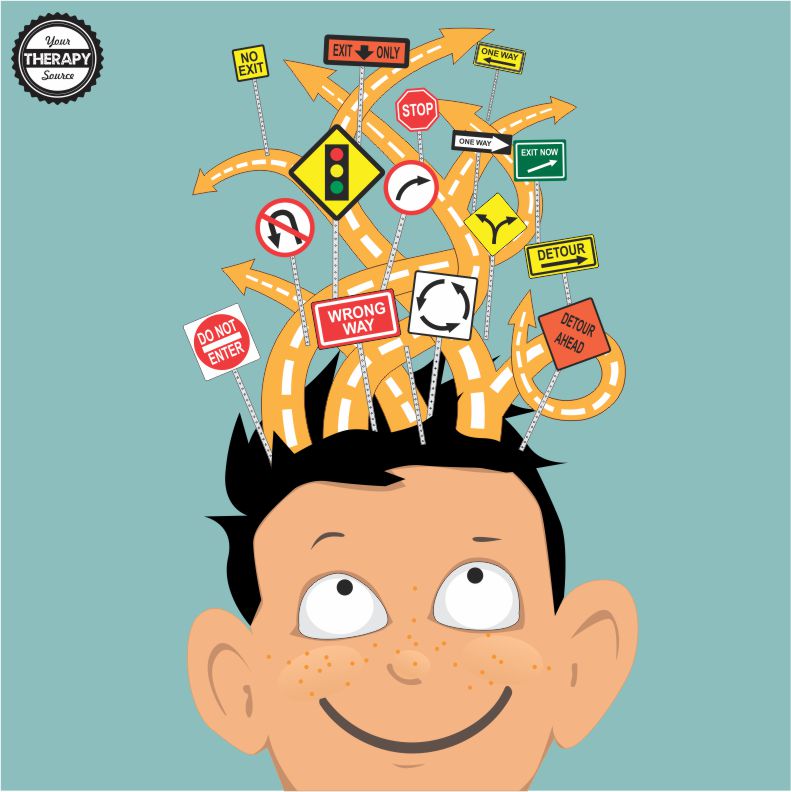 For example, an 8-year-old child may have self-control that is more likely to be expected from a 5-year-old child. Thus, you can observe behavior that, it would seem, should have stopped a long time ago.
For example, an 8-year-old child may have self-control that is more likely to be expected from a 5-year-old child. Thus, you can observe behavior that, it would seem, should have stopped a long time ago.
What can cause children to be impulsive
Children can be impulsive for many reasons. Sometimes it really is a matter of maturity. Not all children develop at the same rate, and some simply take longer than others to learn to think and control their actions.
Lack of sleep can be another cause of impulsive behavior, as well as stress and frustration. When something bad happens to a child at school or in everyday life, impulsive behavior can be a response to stress. Young children cannot always find words to describe how they feel, and they may not even know why they are tense or upset.
Some children may be impulsive due to one of the disorders. One of the most common causes of frequent impulsive behavior is ADHD.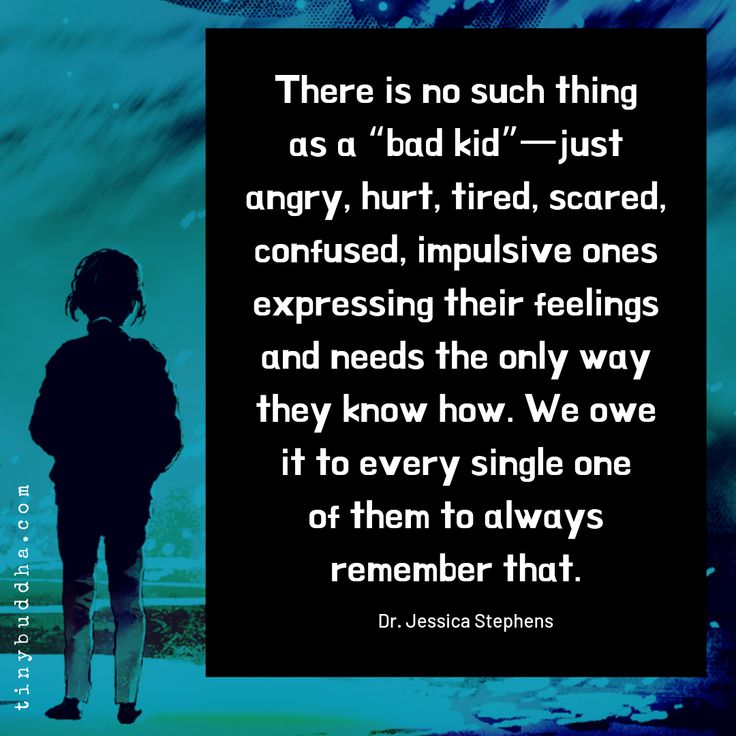 Many children and adults suffer from ADHD, and the disorder is often inherited. Therefore, you may see some of these behaviors in other close family members.
Many children and adults suffer from ADHD, and the disorder is often inherited. Therefore, you may see some of these behaviors in other close family members.
ADHD can make it difficult for a person to control strong feelings, such as anger. For example, when children with ADHD get angry, they may start kicking furniture or saying something mean instead of experiencing their anger in a more restrained way.
There are also mental disorders, such as phobias and affective disorders, that can lead to impulsive behavior in a child.
It is easy to guess what is behind a child's impulsive behavior. For example, if a child makes a rude remark, people may think that the remark was intentionally offensive. But in many cases, such as ADHD, children are not being rude or aggressive on purpose. However, they need more help and practice to learn to slow down and think before they act.
No matter what is causing your child's impulsiveness, there are ways to help him improve self-control and gain self-confidence. And with more control over their actions, children can feel more "mature", which will increase their self-esteem.
And with more control over their actions, children can feel more "mature", which will increase their self-esteem.
How to help your child deal with impulsivity
Even if you're not sure why your child is acting impulsively, you can still work on strengthening his skills at home. Explore strategies for:
-
Improvements in self-monitoring
-
Development of coping skills
-
How to react when your child is upset
If you suspect your child has ADHD, learn what to do next. If your child's behavior seems completely "out of control" and you're not sure why, find out what to do about it - see a child psychologist or behavioral specialist.
Struggling with impulsivity or any other behavior problem can affect the way a child perceives himself. Explain to your child that many people experience these problems, and that self-control can improve over time by working on themselves.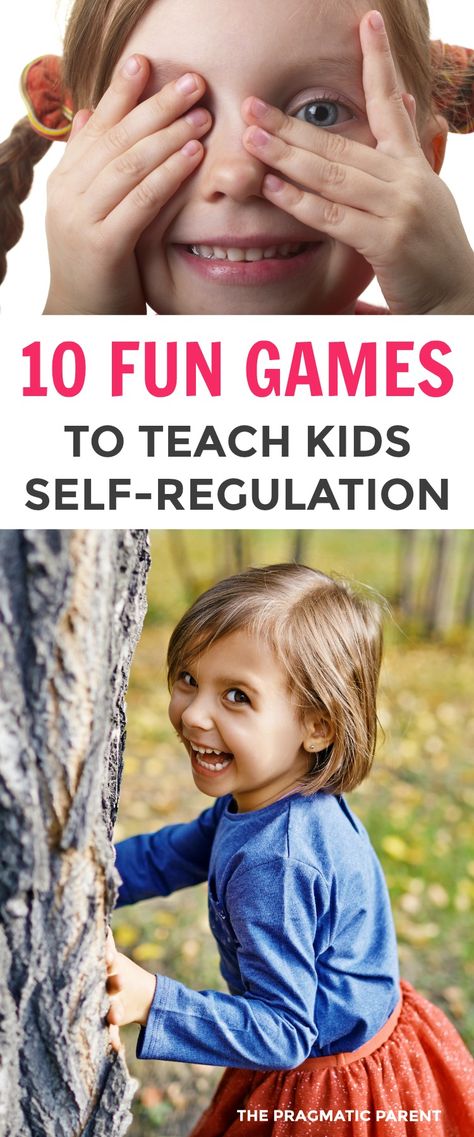 Talk to your child about their strengths and don't forget to celebrate even small progress as your child works on gaining self-control.
Talk to your child about their strengths and don't forget to celebrate even small progress as your child works on gaining self-control.
What's next?
There are many ways to help your child. To start, start writing down your observations about how the child behaves at home. This way you can get a better idea of why your child may be having difficulty with self-control.
For example, if you think your child's impulsiveness is due to being upset, try monitoring his behavior. This way you will be able to detect patterns in its behavior over time.
If you find a pattern that has been going on for a while, you might want to discuss it with someone. Your child's teacher or doctor can provide observations and help with helpful suggestions.
Modern neurological techniques such as Fast ForWord can also help you manage your child's impulsivity. Classes according to this technique not only correct impulsivity, but also develop concentration, memory, information processing, reduce hyperactivity - all these skills, as a rule, are urgently needed to develop children with ADD / ADHD.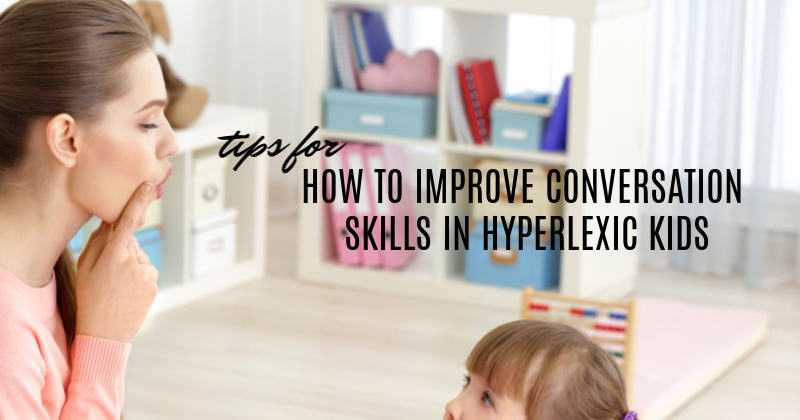
Look at the interim results of the CDIG correction using FAST Forword:
Each column displays the student’s condition by key skills:
A - attention
tons - consistency of actions
I - impulsiveness
9000 H - HyperreactivityTerminals
-
Improving self-control may help the child feel better.
-
Some children cannot help but be impulsive, but they can learn to control themselves.
-
Observe your child's behavior and share your observations with your child's teacher or doctor, or others close to your child.
Source
Sign up for trial online Fast ForWord classes - help your child gain self-control!
Impulsive child - Psychologos
If you want to determine the level of impulsivity in a child, please fill out the questionnaire below. Read each statement carefully, if you agree with it, mark it with a "+" sign, if not - with a "-" sign.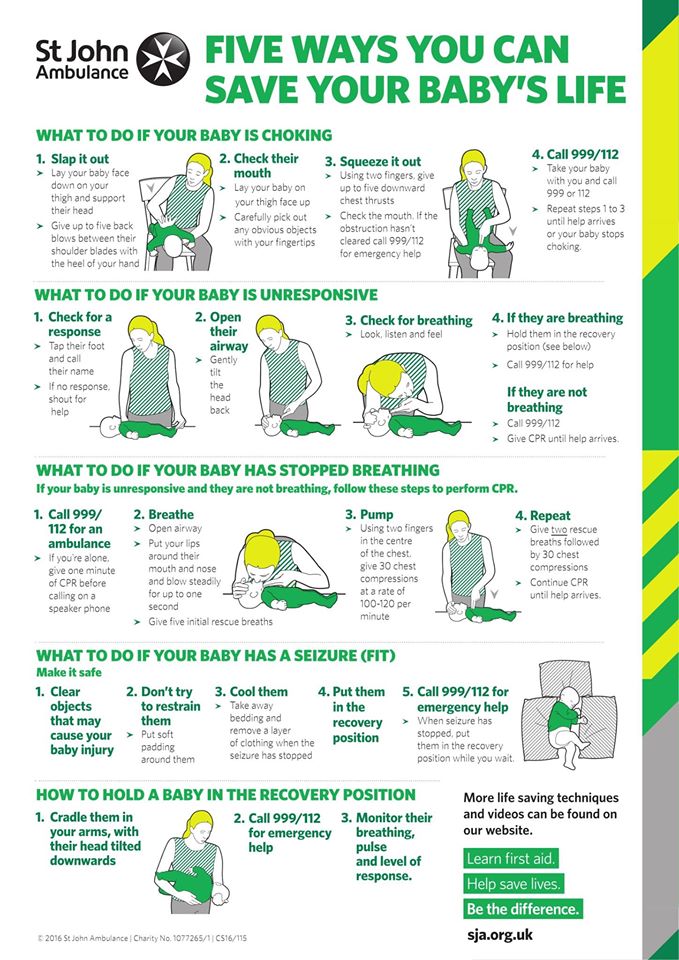
For a more objective assessment, ask other close relatives to complete the questionnaire and compare the results.
Questionnaire
1. Always finds a quick answer when asked about something (maybe wrong, but very quickly).
2. He often changes his mood.
3. Many things irritate him, infuriate him.
4. He likes work that can be done quickly.
5. Touchy, but not vindictive.
6. Often feels that he is tired of everything.
7. Quickly, without hesitation, makes a decision.
8. Can abruptly refuse food he does not like.
9. Often distracted in class.
10. When one of the children yells at him, he also yells back.
11. Usually confident that he will cope with any task.
12. Can be rude to parents, teacher.
13. At times he seems to be full of energy.
14. Likes to act, but does not know how and does not like to reason.
15. Demands attention, does not want to wait.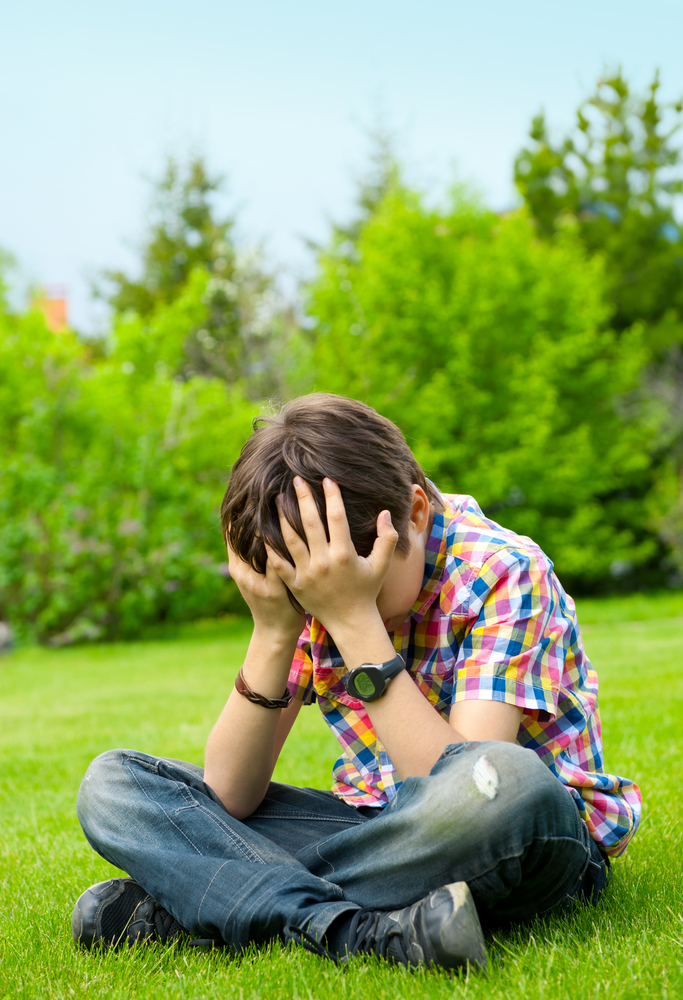
16. Does not follow general rules in games.
17. Gets excited when talking, often raises his voice.
18. Easily forgets the orders of elders, easily gets carried away by the game.
19. Likes to organize and lead.
20. Praise and blame affect him more than others.
Evaluation of results
To rate your child's impulsiveness, add up all of your affirmative answers. The resulting number is your child's impulsiveness level. Perhaps one of the relatives filled out the questionnaire with you. The results could be different, because everyone evaluates the behavior of the child in their own way. In this case, you should calculate the average level of impulsivity.
Now compare the result with the normative data:
20-15 points - high level of impulsivity;
14-7 - medium level;
6-1 points - low level.
Remember that the discrepancy between the scores on the questionnaire for different adults is indirect evidence of the peculiarities of their relationship with the child.
Advice to Parents of Impulsive Children
- First of all, determine the conditions that have the most adverse excitatory effect on the child. Try not to expose your child to such conditions once again.
- Introduce various games into his activities, during which he can learn to restrain and regulate his activities. These can be both outdoor games and educational ones, for example, such as "Speak - do not speak" on command, "Forbidden movement", "Edible - inedible". Encourage him in all cases and immediately, without putting off for the future when he tried to restrain himself.
- Try to give your child short, clear and specific instructions.
- Try to discuss with the child in advance the rules of behavior in a given situation.
- Give the child the right to choose often, and he should explain what is the reason for his choice. The need to explain the reason for their actions will help the child to be more aware of them, and therefore, to control their behavior.
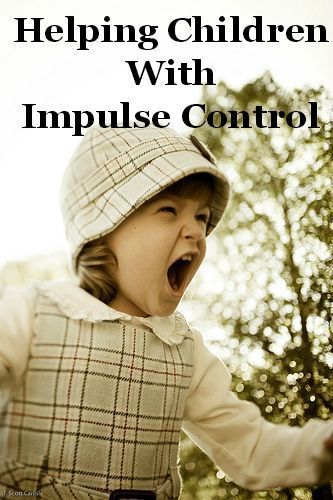
- Use the exercises in the "Developing self-control and self-regulation" section.
- And, finally, the most important advice. When dealing with an impulsive child, remain calm. Remember that your excitement is transmitted to the child.
About impulsivity and reflexivity
One of the cognitive styles that has a significant impact on a child's learning activity is the type of reaction, which can be impulsive or reflexive. This type of reaction is manifested in solving problems. We are talking about impulsivity in those cases when a person acts without thinking and makes rash decisions, when he immediately, without thinking, responds to external stimuli, easily inclines in favor of one or another hypothesis, not taking into account the degree of its plausibility.
Reflexivity, as the opposite of impulsiveness, characterizes people who, before acting, internally review all hypotheses, discarding those that seem unlikely to them, make decisions deliberately, carefully, carefully.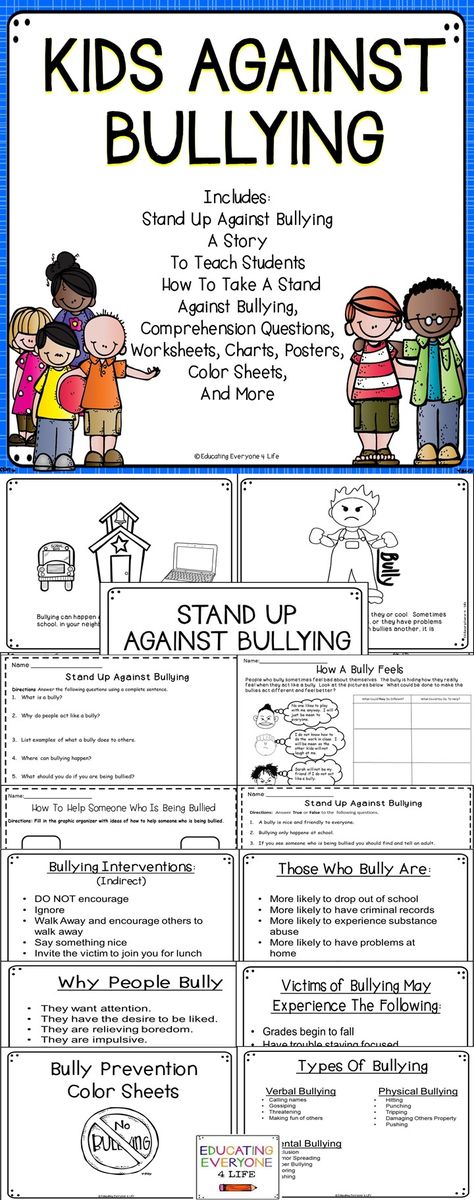 It is to this behavior that the well-known folk wisdom “Measure seven times, cut one” calls.
It is to this behavior that the well-known folk wisdom “Measure seven times, cut one” calls.
When solving mental problems, impulsive behavior leads, on average, to lower costs and more errors, and reflexive, on the contrary, to a longer execution time, but fewer errors.
It goes without saying that the type of reaction, like other cognitive styles, has regular age shifts. Younger children are generally more impulsive than older children. Throughout childhood and adolescence, the level of reflexivity gradually increases, while impulsivity decreases. With increasing age, the time spent on average increases, and the number of errors decreases. However, it is noteworthy that here, too, there is a tendency to maintain the position of a person in his age group. In other words, a child who showed pronounced impulsivity, becoming a teenager, although he has less impulsivity, still remains impulsive.
Pronounced gender differences are observed in this cognitive style. Girls and women in general show more impulsive behavior than boys and men.
Girls and women in general show more impulsive behavior than boys and men.
How does impulsivity affect learning activity?
There is no doubt that impulsive and reflexive subjects behave differently in the process of learning. Even the "uninitiated" immediately comes to mind that the learning actions of impulsive students can be characterized as ill-conceived, frivolous, hasty, careless, unprepared. It is not difficult to attribute opposite qualities to the actions of reflexive people.
An impulsive style of behavior leads to particularly significant consequences when performing mental tasks that require careful consideration of the conditions and careful testing of all possible ways to solve the problem. Therefore, the differences between impulsive and reflexive people are found primarily in the case of complex tasks and tasks. In the case of easy problems, just impulsive ones have an advantage, because they spend less time on solutions, while not making more mistakes than reflexive ones, which spend more time on solving.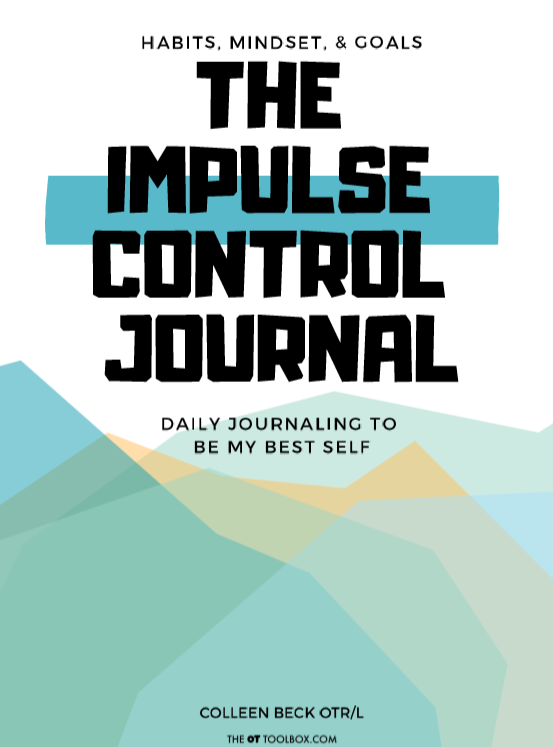 In the case of complex problems, the advantage of reflexive ones is manifested.
In the case of complex problems, the advantage of reflexive ones is manifested.
As the tasks being solved become more complex, the reaction time of the impulsive ones increases slightly, while the number of errors increases sharply. In contrast, reflexives spend unequal time working with tasks of varying complexity: they can afford to solve easy tasks quickly, and they solve difficult ones slowly. The number of errors they make in the case of tasks with an average and high degree of complexity is much less than that of impulsive ones. Reflective people, in the course of performing mental tasks, take into account the requirements of tasks more adequately than impulsive ones. Such an account leads to the coordination of the pace of their work with the features and complexity of the problem being solved, and this, in turn, leads to better results.
Since too fast, hasty decision-making by impulsive students causes certain flaws in their academic work, slowing down their activity can be very beneficial for them. To do this, you can use, for example, the method of pronouncing the material (problem conditions, solution method, etc.) to yourself.
To do this, you can use, for example, the method of pronouncing the material (problem conditions, solution method, etc.) to yourself.
Despite the fact that impulsivity and reflexivity are conditioned by temperament, many facts testify that the conditions of upbringing make a decisive contribution to their development in a child.
The severity of impulsivity is influenced by social class: children from less well-to-do strata react predominantly impulsively, while children from higher strata more often, earlier and more pronouncedly begin to demonstrate a reflexive strategy of behavior.
Features of the cognitive activity of parents (both relatives and adoptive parents) also affect the type of children's reactions. In other words, mothers of impulsive children are usually impulsive themselves. The same can be said about reflective children and parents.
No less important for the development of reflexivity is the style of upbringing practiced by parents.